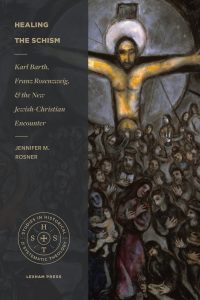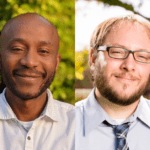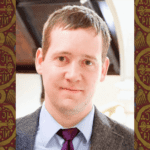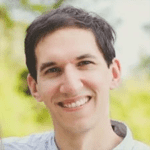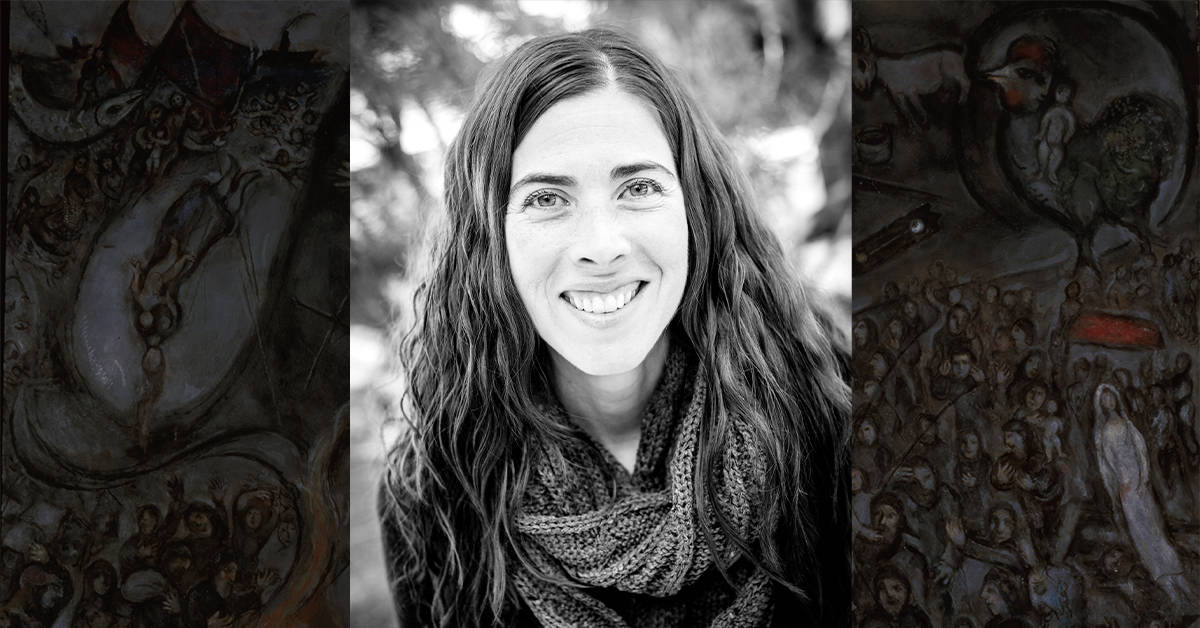
This week we are highlighting five new volumes in the Studies in Historical and Systematic Theology (SHST) series recently published in July. Today we interview Jennifer Rosner about her new book Healing the Schism: Karl Barth, Franz Rosenzweig, and the New Jewish-Christian Encounter.
Lexham Press: What sparked your interest in this topic? And why Barth and Rosenzweig?
Jennifer Rosner: This project grew out of my own identity journey (and struggles) as a Jewish follower of Jesus during my doctoral program at Fuller Theological Seminary. Writing this book offered a structured format to work through the most pressing questions I was facing, which centered upon issues of salvation and redemption vis-a-vis God’s ongoing covenant with the Jewish people.
I find Barth’s thought to be an incredibly helpful prism for contemporary theological reflection, and Rosenzweig turned out to be a wonderful dialogue partner for Barth. Each thinker highlights the other’s weaknesses, and the synthesis between the two opens up entirely new vistas for exploration and discussion.
LP: Did you encounter any surprising discoveries in your study?
Rosner: The most surprising thing I discovered is that there is no easy, cut-and-dry answer to the key question that informs the book. This question, informed by the work of Bruce Marshall, asks: how can we simultaneously uphold both the universal, ecclesially mediated saving mission of Christ and the irrevocable election of the Jewish people, which necessarily includes the ongoing practice of Judaism?
The goal of the book is to both chart relevant theological trajectories and, hopefully, catalyze further dialogue related to this particular question and the tensions it unveils and highlights.
LP: What contribution do you hope to make with this book, and what do you hope readers take away from it?
Rosner: This book frames a key set of issues in a clear and novel way, getting at the heart of the Jewish-Christian relationship in all its complexity and promise. My hope is that the book itself might make some small contribution to what I call the “new Jewish-Christian encounter,” engendering and encouraging theologically robust dialogue and engagement about the most tenuous yet critical issues at the heart of the fractured people of God.
The history of the relationship between Judaism and Christianity is storied and tragic. However, recent decades show promise as both parties reflect on their self-definitions and mutual contingency and consider possible ways forward.
Healing the Schism
In Healing the Schism, Jennifer M. Rosner maps the new Jewish-Christian encounter from its origins in the early twentieth-century pioneers to its current representatives. Rosner first traces the thought of Karl Barth and Franz Rosenzweig and brings them into conversation. Rosner then outlines the reassessments and developments of post-Holocaust theological architects that moved the dialogue forward and set the stage for today. She considers the recent work of Messianic Jewish theologian Mark S. Kinzer and concludes by envisioning future possibilities.
With clarity and rigor, Rosner offers a robust perspective of Judaism and Christianity that is post-supersessionist and theologically orthodox. Healing the Schism is essential reading for understanding the perils and promise of Messianic Jewish identity and Jewish-Christian theological conversation.
R. Kendall Soulen calls Healing the Schism “a creative and deeply probing work.”

